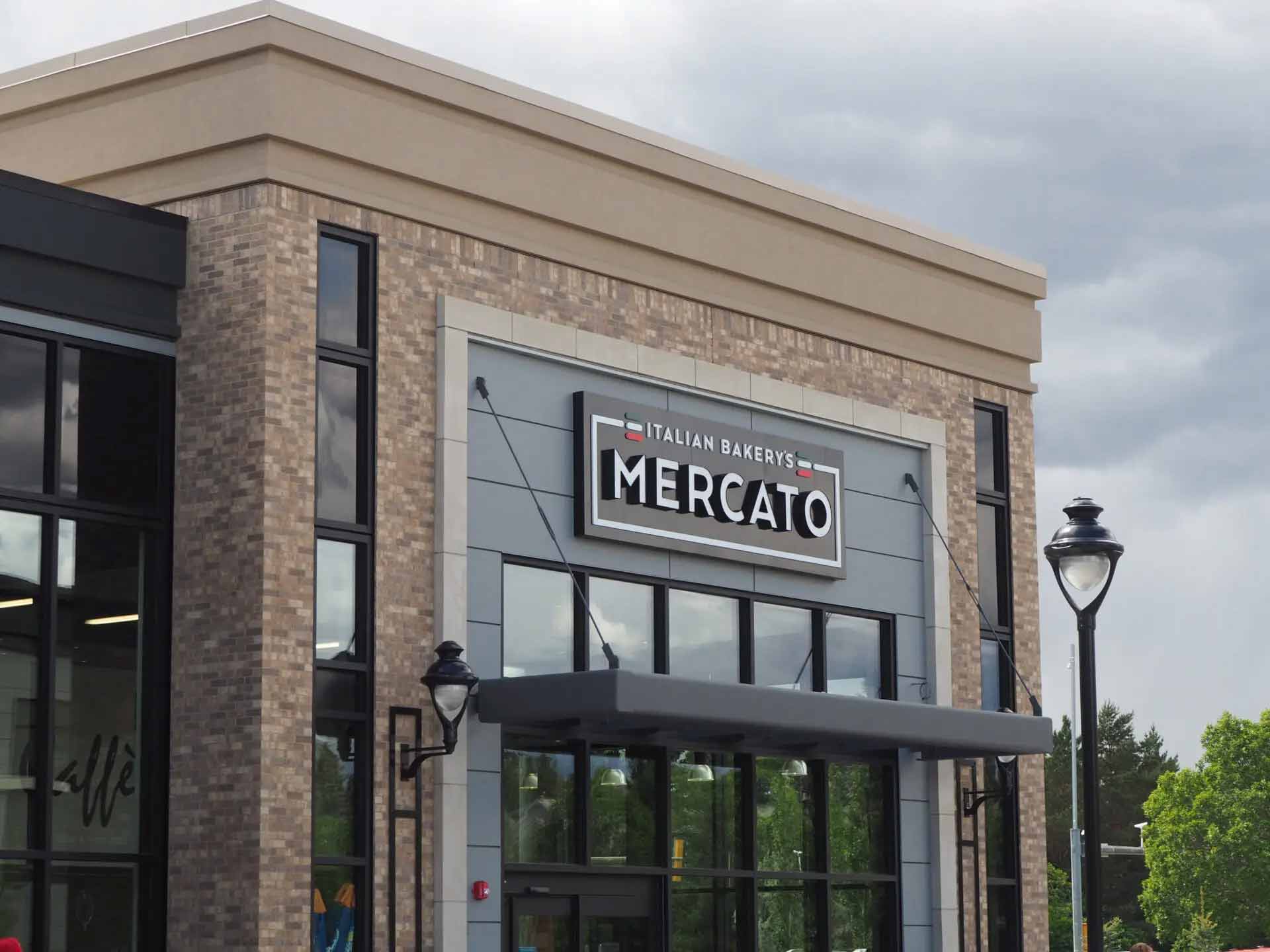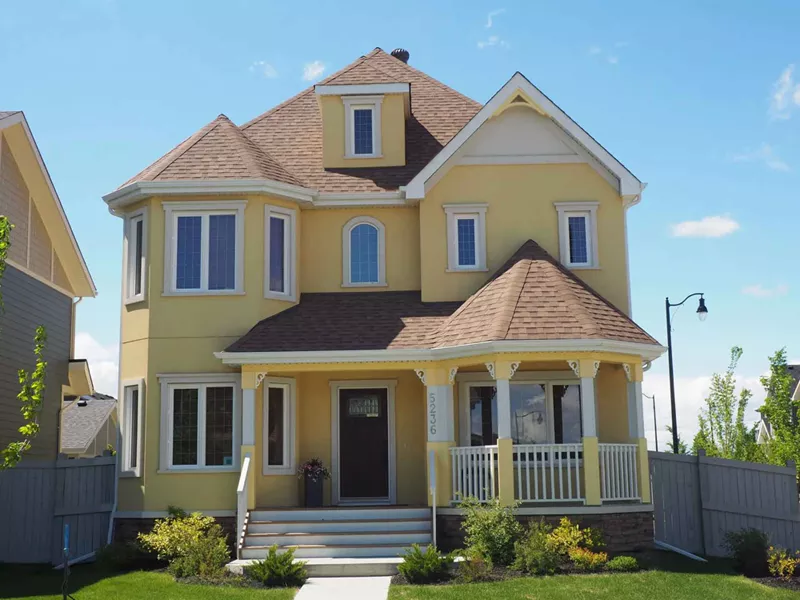
A Comprehensive Guide to Parging Costs and Alternatives
Introduction: Understanding Parging and Its Importance
Parging is a term you may have heard thrown around in construction circles, but what does it really mean? Essentially, parging involves applying a layer of mortar or concrete over existing masonry walls, typically found in basements or foundations. It serves both functional and aesthetic purposes—repairing damage while also providing a fresh look.
When considering home improvement projects, understanding costs and alternatives is essential. If you're looking for a stucco contractor or wondering about options like “ stucco repair near me” or “ parging repair near me,” you've landed on the right page. This guide will explore everything you need to know about parging costs, alternatives, and more.
What is Parging?
Parging is not just a fancy term; it's an essential part of maintaining your home’s structural integrity. A thin layer of cement-based mix is applied to the exterior of masonry walls, which can help prevent water infiltration and provide insulation. Not only does it improve appearance, but it also extends the life of the wall beneath.


Why Choose Parging?
You might wonder why homeowners opt for parging over other options. Here are a few reasons:
- Protection Against Moisture: Parging creates a barrier that protects your foundation from water damage.
- Aesthetics: A fresh coat of parging can dramatically improve the appearance of your home.
- Cost-Effective Repair: Compared to complete wall replacement or extensive repairs, parging is usually less expensive.
A Comprehensive Guide to Parging Costs and Alternatives
When diving into home renovation projects like parging, knowing the associated costs upfront can save you heartbreak down the line. Let's break down what you should expect when budgeting for this kind of work.
Average Costs for Parging
The cost of parging varies based on several factors:
Factors Influencing Parging Costs
Several elements can influence these costs:

- Size of Area: Larger areas will require more materials and labor.
- Condition of Existing Surface: Extensive repairs needed before parging will increase costs.
- Location: Prices may vary by region; for example, hiring an exterior stucco Edmonton specialist could be different than in other cities.
Comparing Parging with Other Options
While parging has its benefits, there are alternatives worth considering:
1. Stucco Application
- Similar in appearance but provides more insulation.
- Typically more expensive due to material costs.
2. Veneer Stone
- Offers a unique aesthetic appeal but requires more skilled labor.
- Higher upfront costs.
3. Painting
- The cheapest option but may not address underlying issues like moisture or cracks.
DIY vs Hiring Professionals
You may think about taking the DIY route to save some cash; however, there are pros and cons:
DIY Pros:
- Cost savings on labor
- Personal satisfaction from completing the project
DIY Cons:
- Risk of improper application leading to future issues
- Requires skill and knowledge about materials
Hiring professionals comes with its own set of advantages:
- Expertise ensures proper application
- Warranty offered on work done
If you opt for professionals, searching “ stucco repair near me” or “ exterior stucco near me” could lead you to trustworthy local contractors.
Step-by-Step Process for Parging Your Home
Understanding how parging works can help you make an informed choice if you're considering it as an option:
Step 1: Assessing Condition
Before getting started, assess your walls for any significant cracks or damage that may need repairing first.
Step 2: Prepare Surface
Clean the surface thoroughly by removing dirt and debris; this ensures better adhesion.
Step 3: Mix Your Material
Follow instructions carefully when mixing your mortar or concrete blend for optimal results.
Step 4: Apply Base Coat
Using a trowel, apply a base coat evenly across the surface using consistent pressure.
Step 5: Finish Layer
After allowing the base coat to dry adequately (usually overnight), apply your finishing layer smoothly over it.
Step 6: Curing Time
Allow sufficient curing time—typically at least three days—before exposing it to moisture again.
FAQs about Parging
Q1: How long does parging last?
A1: Generally speaking, well-applied parging can last anywhere from 10 to 25 years depending on environmental conditions and maintenance practices.
Q2: Can I paint over parged surfaces?
A2: Absolutely! After allowing adequate curing time (around three weeks), feel free to paint over it with exterior-grade paint designed for masonry surfaces.
Q3: Will I need permits for parging?
A3: Most regions do not require permits specifically for cosmetic work like parging unless structural changes are involved; check local regulations first!
Q4: What’s better—parging or stucco?
A4: It depends on your situation! If you're primarily concerned with moisture resistance and aesthetics without breaking the bank too Additional resources much, go with parging!
Q5: Can I do this myself?
A5: Yes! But be prepared—proper technique matters here so research thoroughly before attempting DIY!
Q6: How do I find reliable contractors?
A6: Look up reviews online using keywords like "exterior stucco Edmonton" or "parging repair near me" for local recommendations!
Conclusion
In summary, understanding all aspects related to “A Comprehensive Guide to Parging Costs and Alternatives” equips homeowners with necessary insights into their choices going forward. Whether opting for professional help or deciding on DIY efforts yourself—you now have valuable information at your fingertips! Happy renovating!